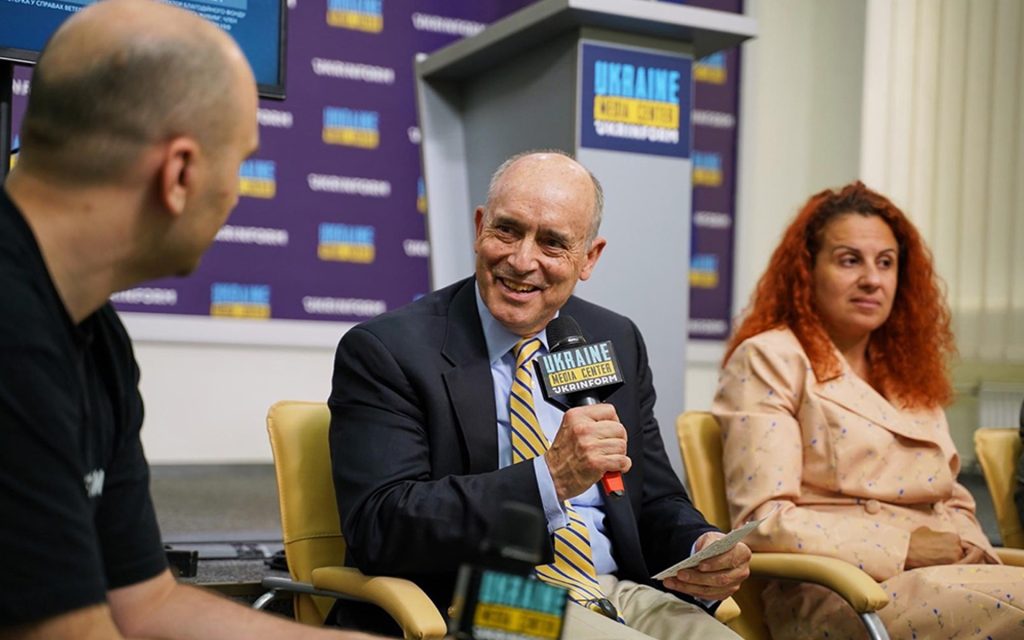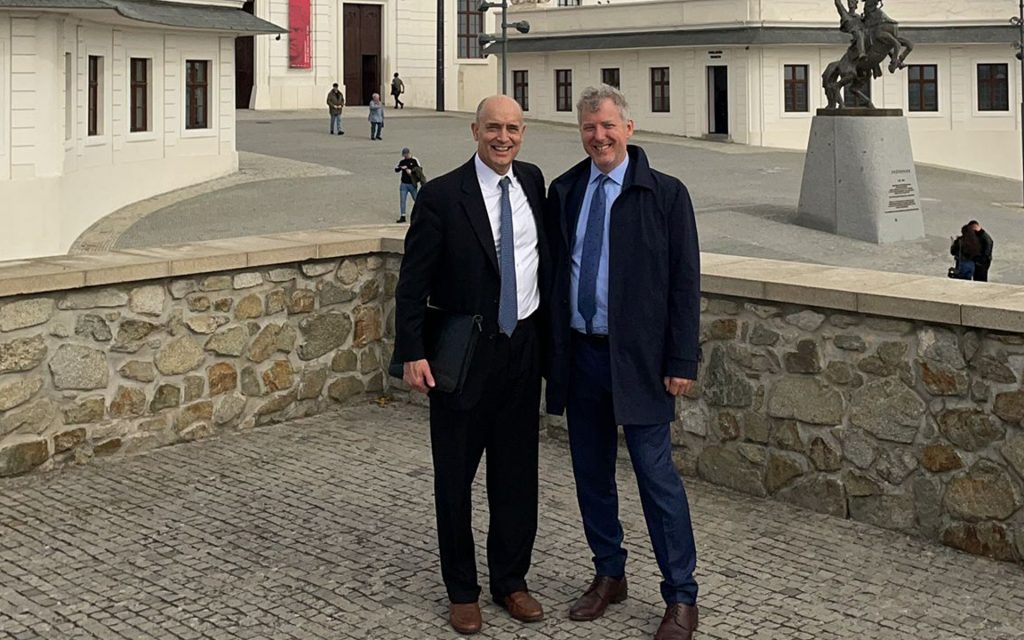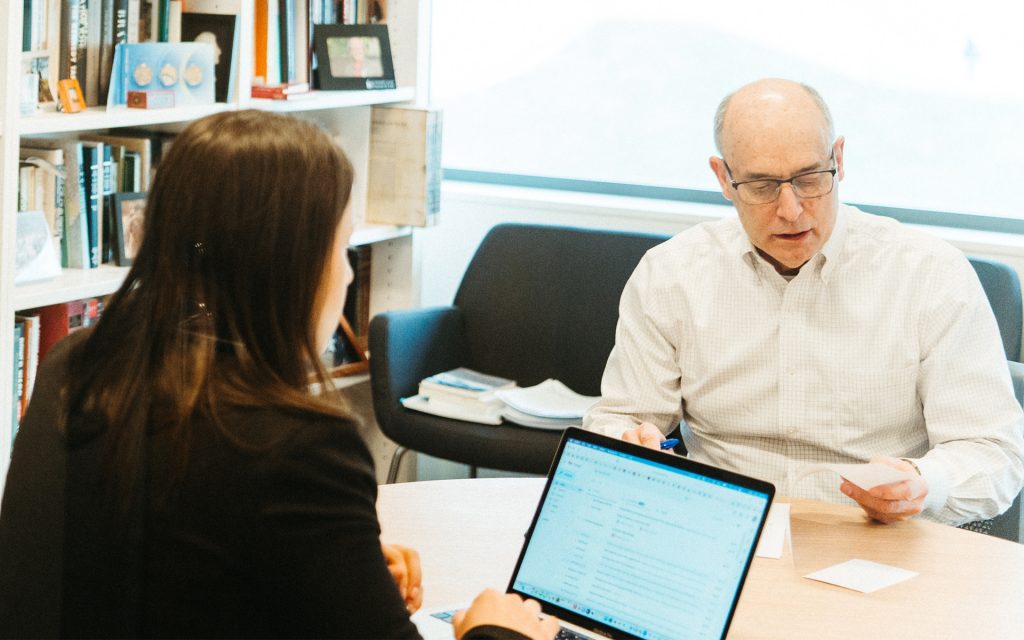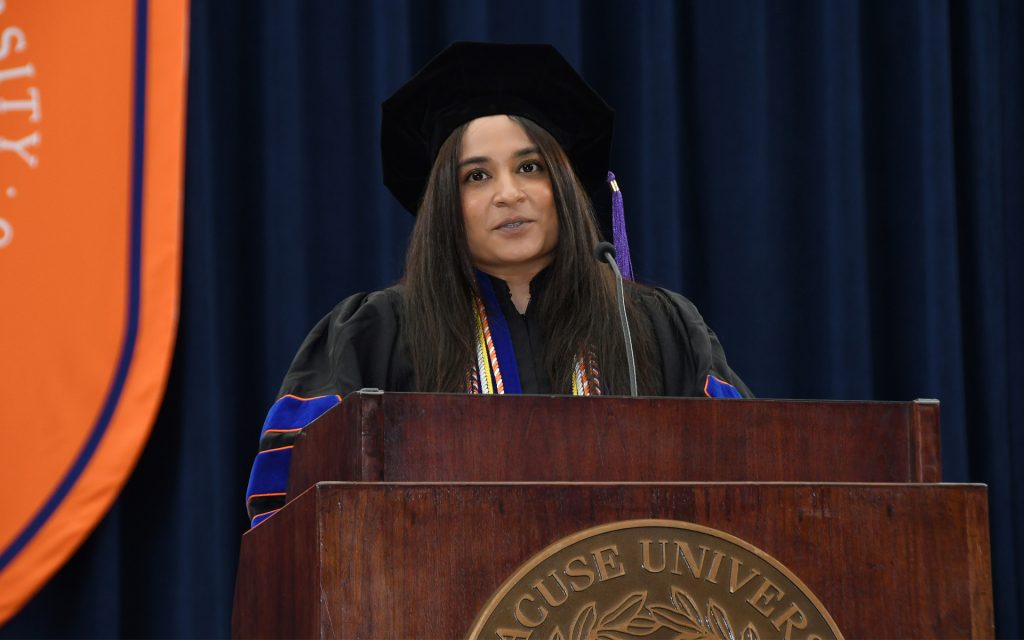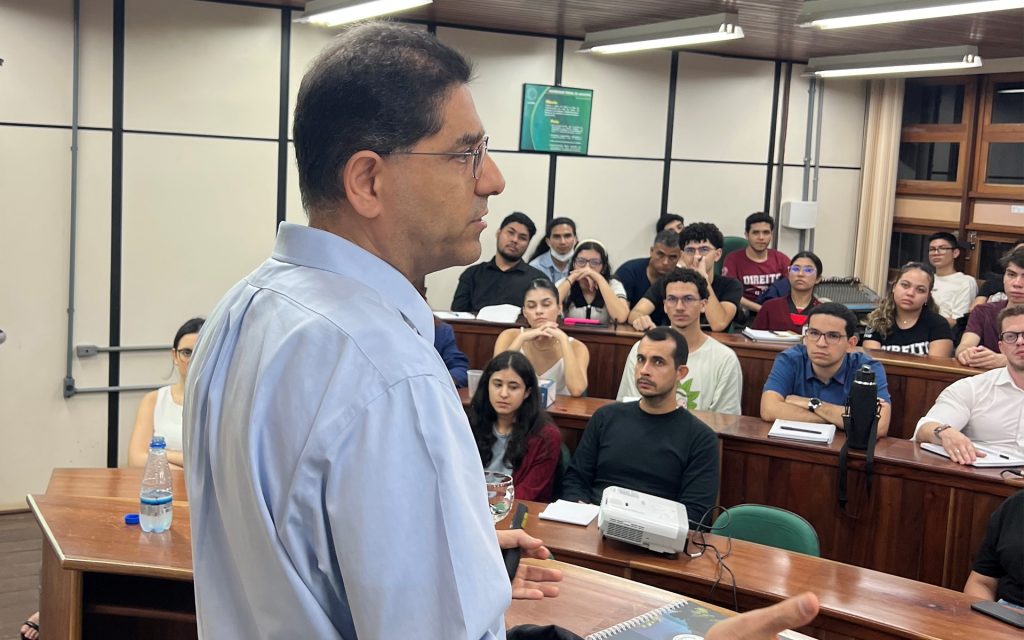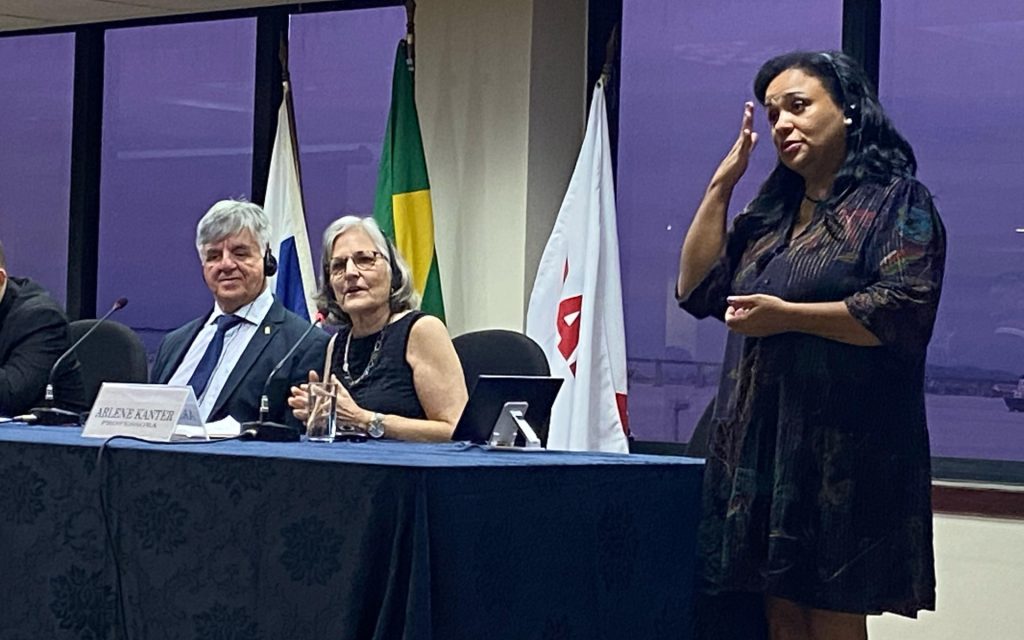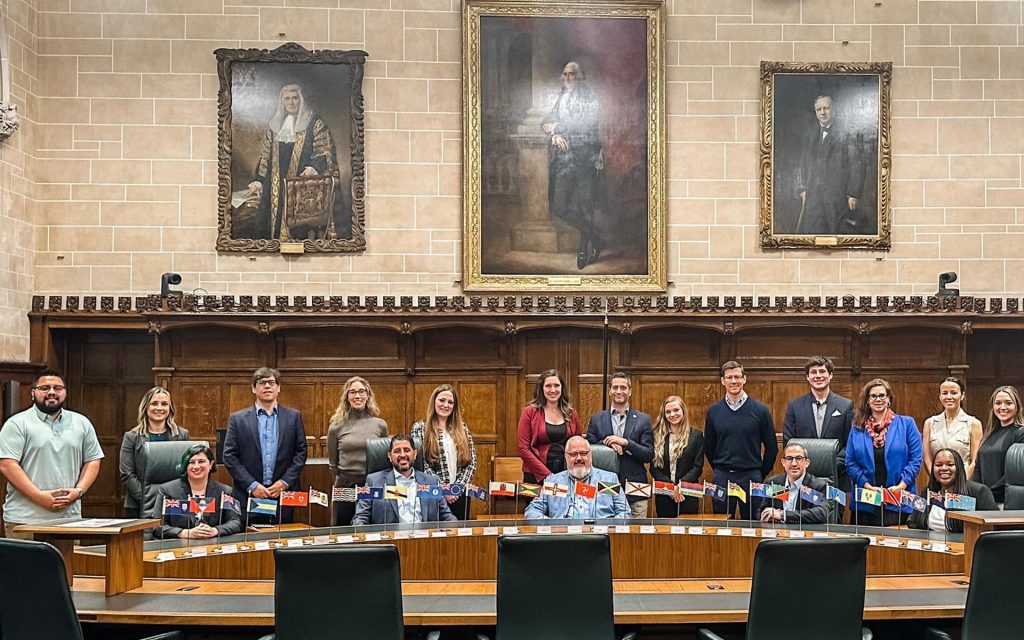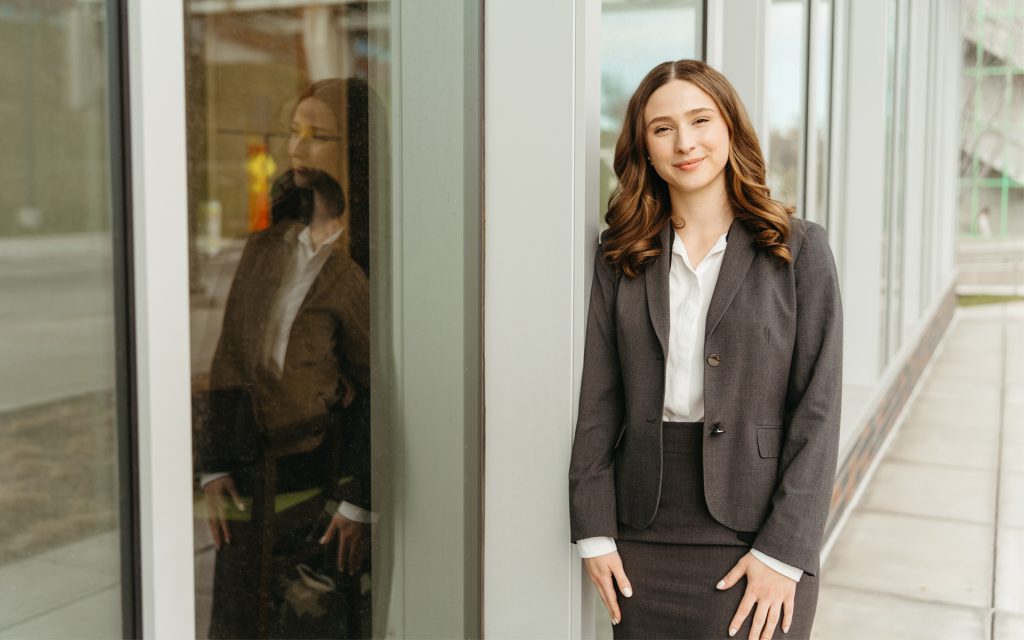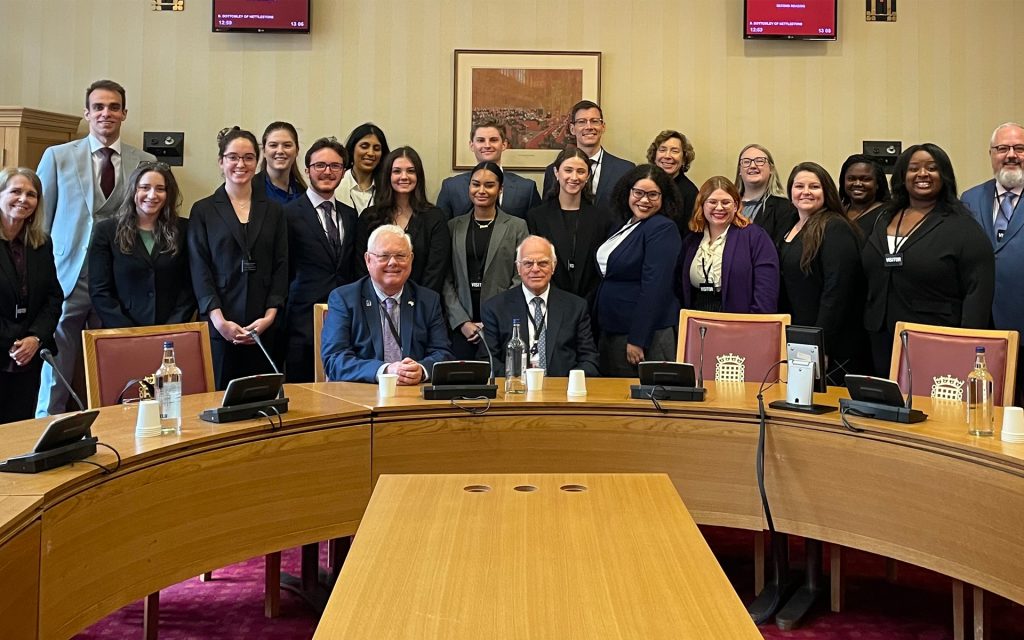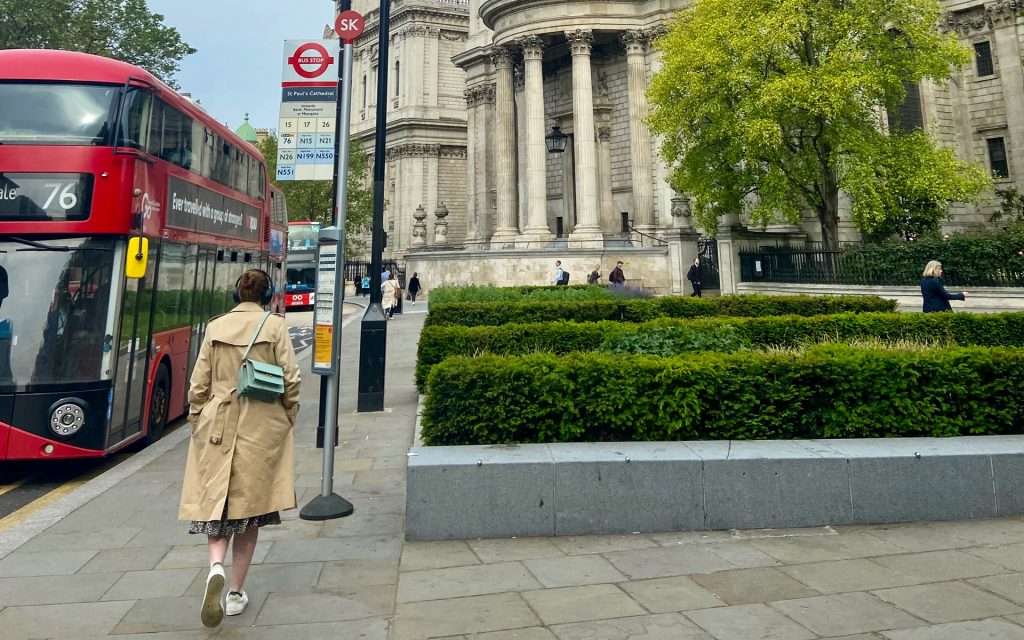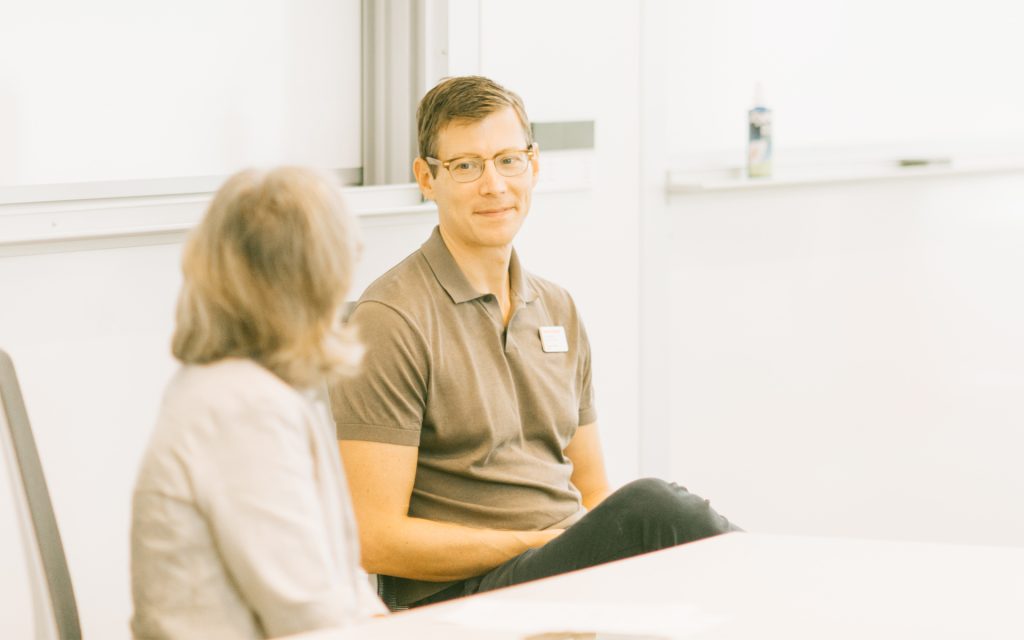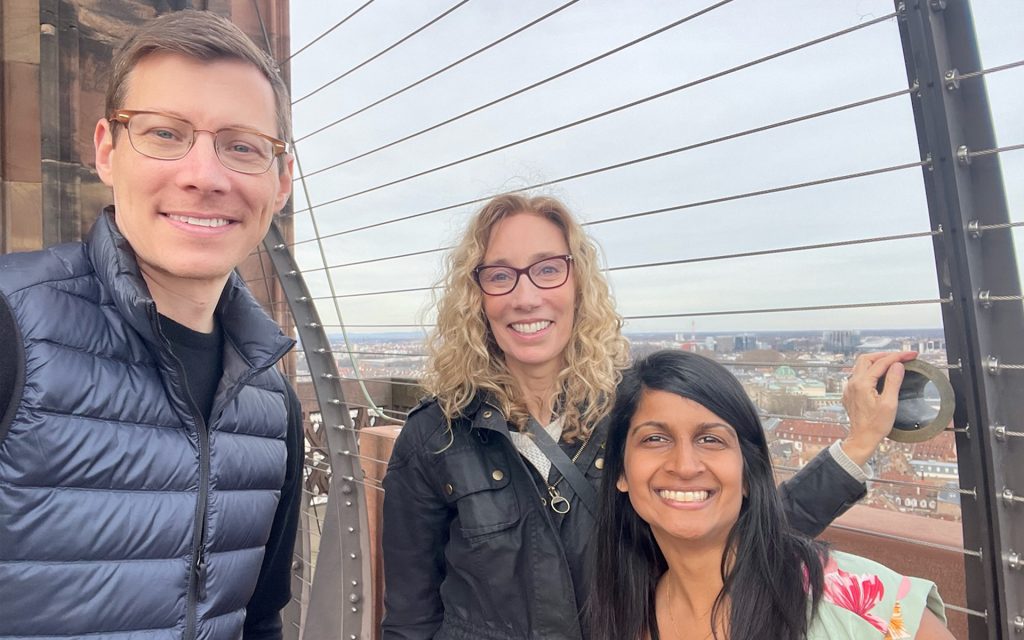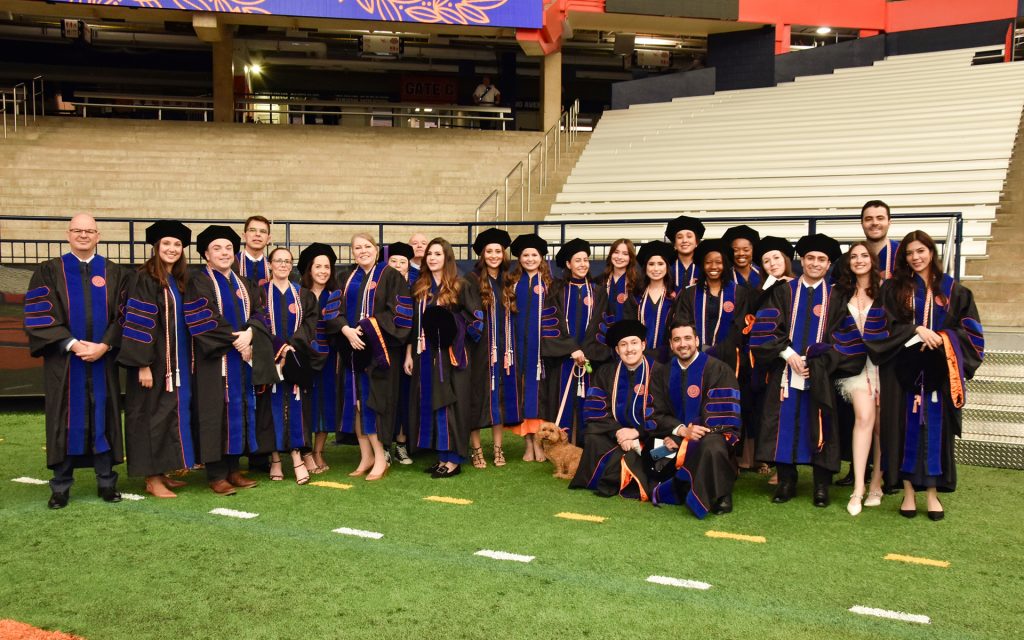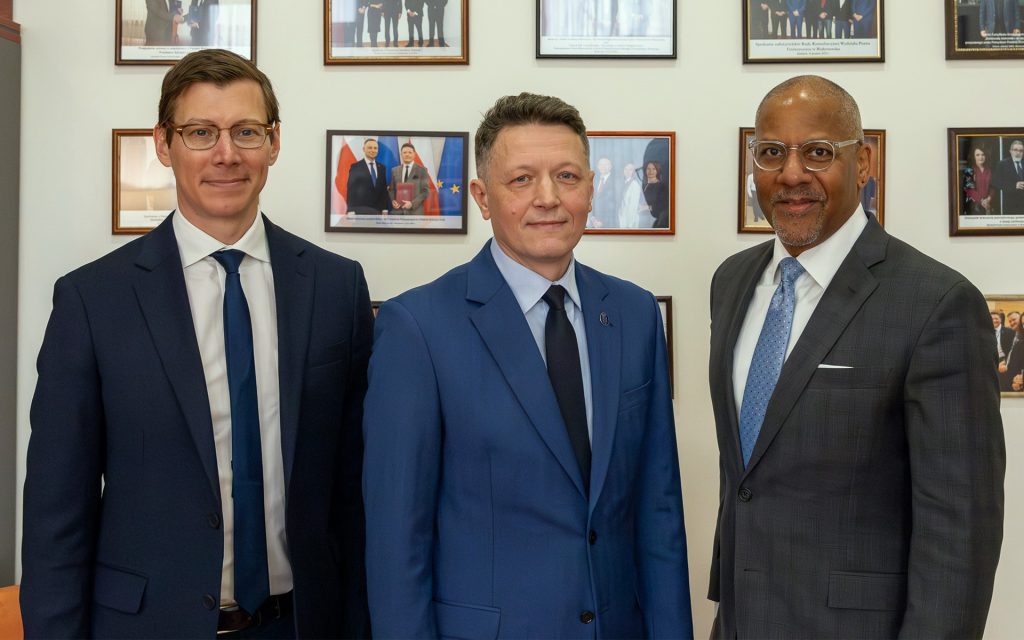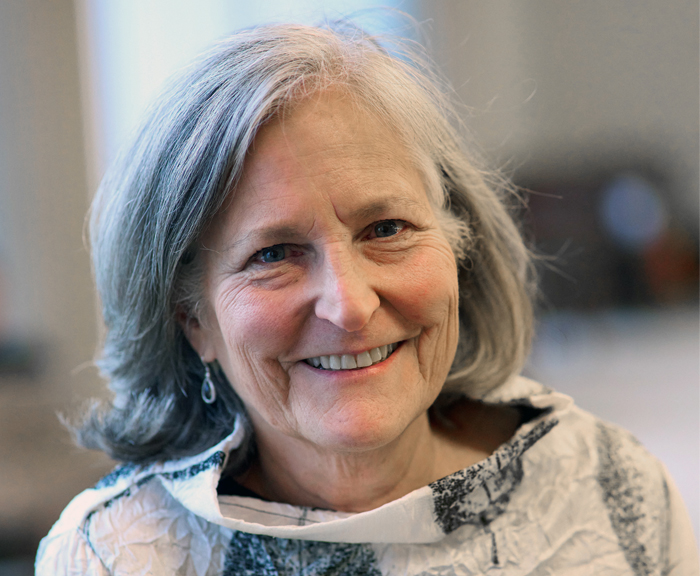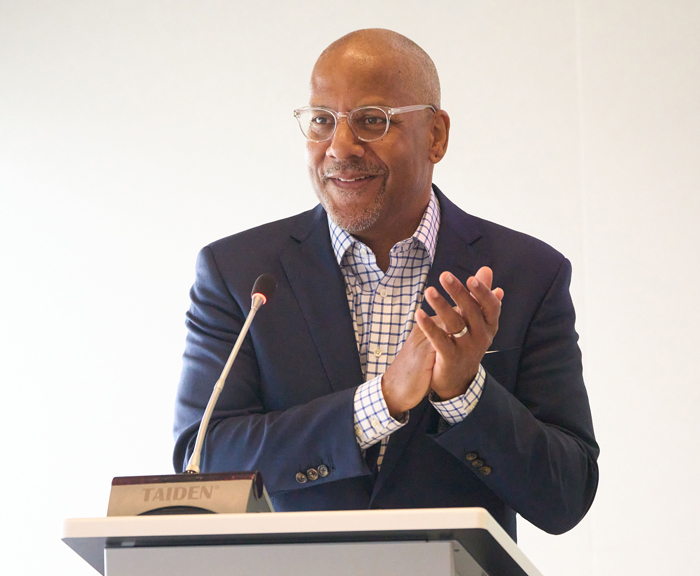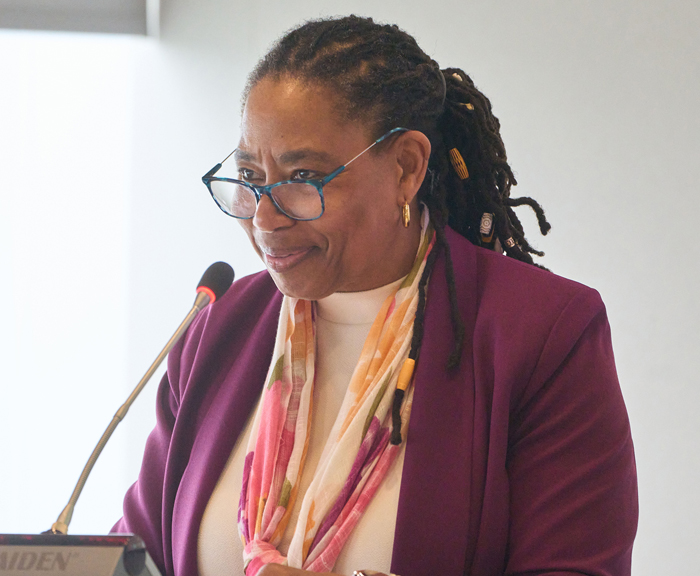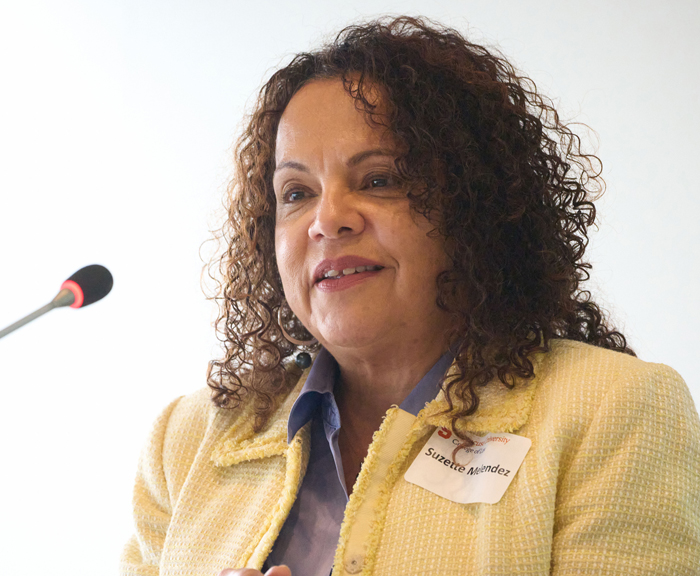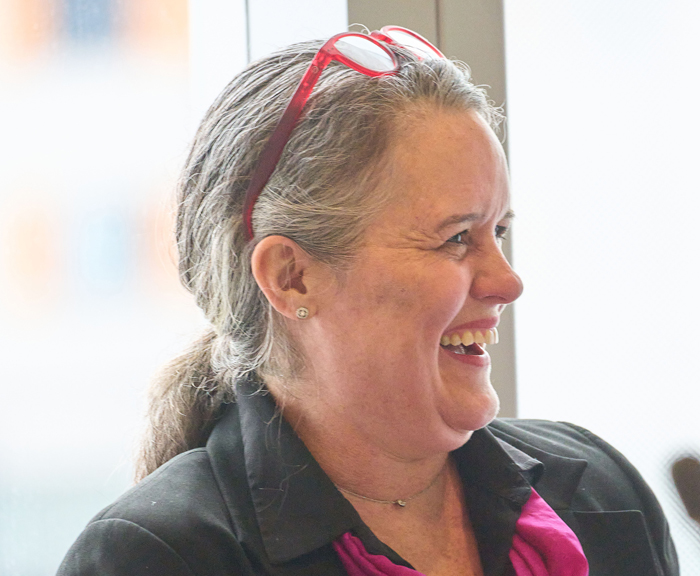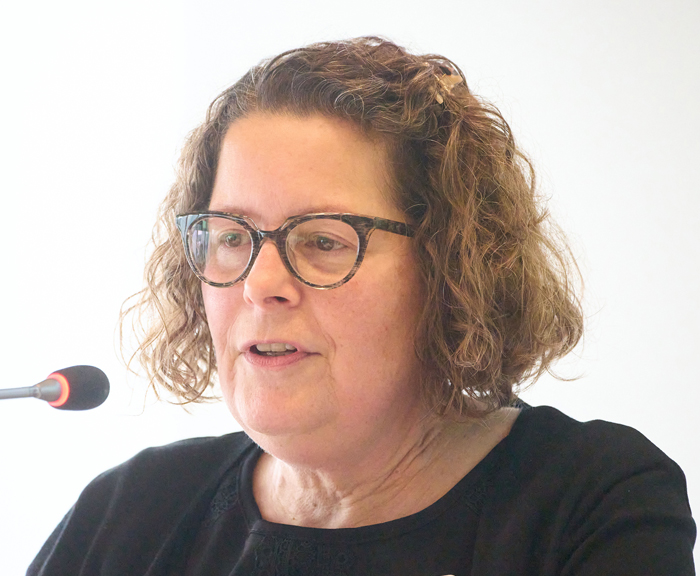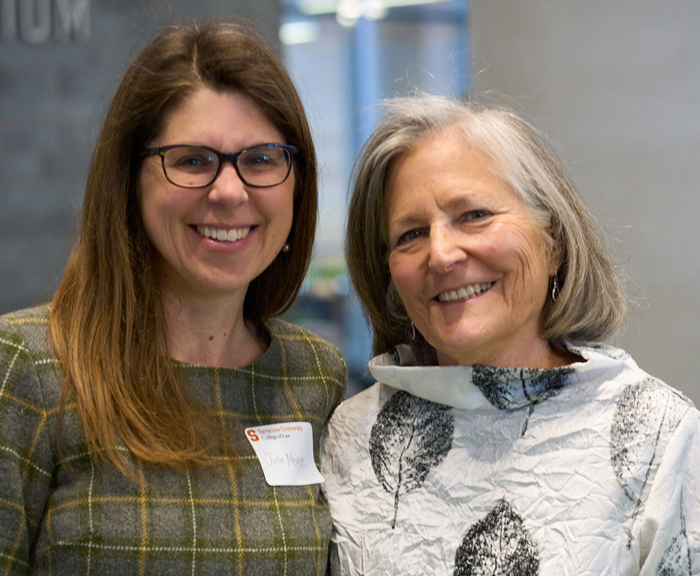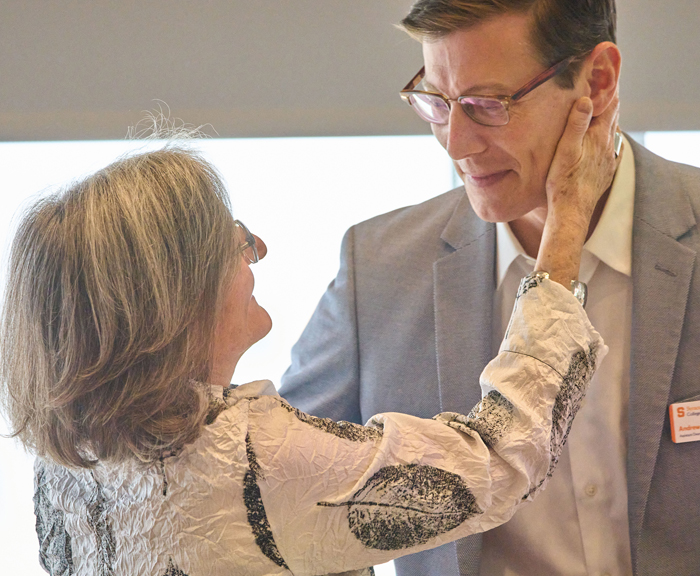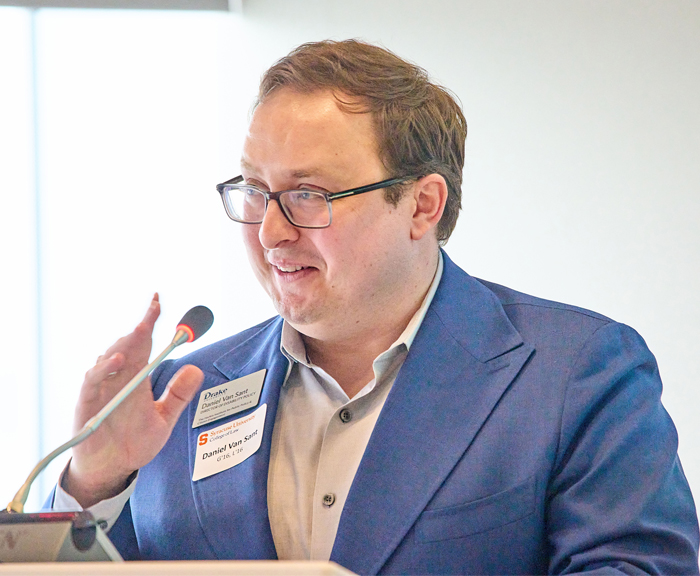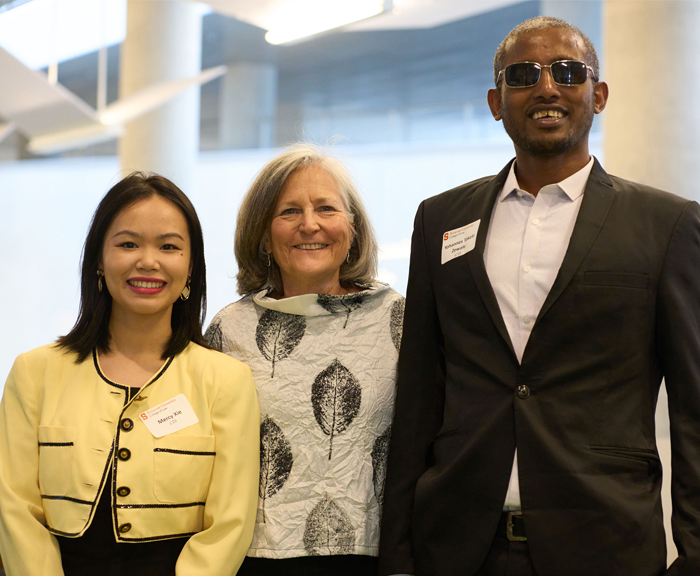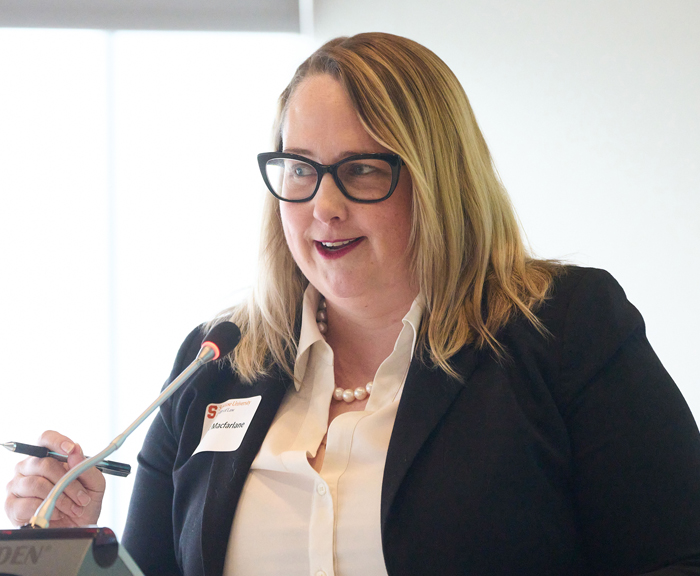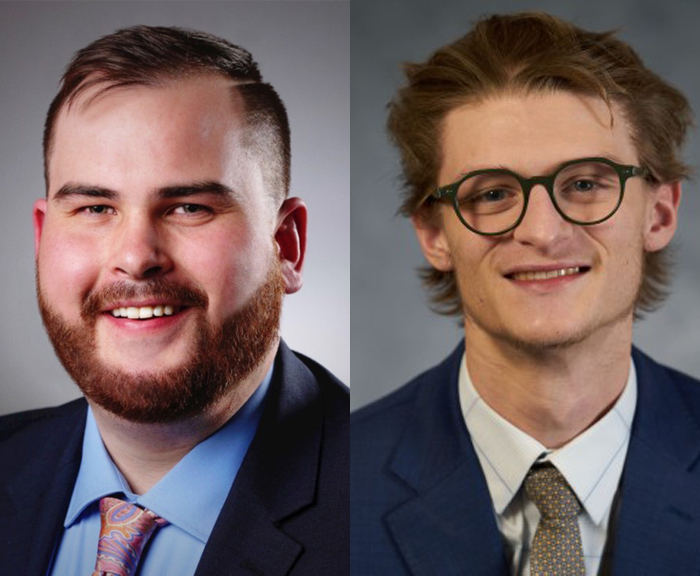In this legal review, Professor Gregory Germain examines the SCOTUS ruling in the case Harrington v. Purdue Pharma, Slip Op (June 27, 2024).
Media wishing to interview Professor Germain on this or related topics should email Rob Conrad, director of communications and media relations or Syracuse University’s media team by email.
The Supreme Court ruled today, as I predicted in my commentary on Law 360, that non-debtor third parties cannot obtain non-consensual discharges or releases as part of a plan of reorganization in another debtor’s bankruptcy case. Harrington v. Purdue Pharma, Slip Op (June 27, 2024).
Purdue’s bankruptcy plan sought to release the non-debtor Sackler family from $40 trillion (yes trillion) in tort claims by Purdue Pharma’s creditors. The Sackler family owned and ran Purdue, which manufactured and falsely marketed OxyContin as a safe and non-addictive pain killer. OxyContin was the main culprit in the opioid epidemic in the United States, which has killed more than 247,000 people from overdose and has ruined millions of lives.
In return for the release of claims against them, the Sackler family agreed to repay Purdue $5.5 billion over 10 years, plus $500 million in contingent payments – a fraction of the $11 billion that the Sackler family caused Purdue to distribute to them in dividends between 2008 and 2016. The bankruptcy court found that the Sacklers hid those dividends in offshore trusts, self-settled spendthrift trusts, and other asset protection schemes to make it difficult or impossible for their creditors to collect from them.
A high percentage of the creditors who voted on Purdue’s plan of reorganization accepted it (between 88% and 95% of each class), but fewer than 20% of claimants voted at all. The bankruptcy confirmation process only counts those creditors who vote, so non-voters are ignored in the confirmation process.
The Court of Appeals for the Second Circuit upheld Purdue’s plan and non-debtor release, relying on prior Second Circuit authority recognizing the bankruptcy court’s inherent equitable power to discharge third party claims in extraordinary cases. Three other circuit courts, the Fifth, Ninth, and Tenth had previously held that bankruptcy courts do not have the power to discharge third party claims.
The statutory debate was framed by two provisions of the Bankruptcy Code: Section 524(e), providing that a bankruptcy discharge “does not affect the liability of any other entity on, or the property of any other entity for, such debt”, and Section 1123(b)(6), which allows a plan of reorganization to “include any other appropriate provision not inconsistent with the applicable provisions of this title.”
While I correctly predicted the result, I did not correctly predict the split among the judges. Gorsuch, Thomas, Alito, Barrett and Jackson made up the majority, barring third party releases as part of the plan without creditor consent. Gorsuch’s opinion recognizes that the Bankruptcy Court has the power to discharge claims only against the debtor who files bankruptcy and submits their property to the jurisdiction of the court. Third party releases can be granted only with the creditors’ consent.
In a surprise to me, four judges (Roberts, Sotomayor and Kagan, led by Kavanaugh) dissented. They thought the vague catchall in Section 1123(b)(6) should give the bankruptcy court the power to confirm a non-debtor release without the consent or participation of the parties whose claims were being released, even if the releases were broader than the third parties could have received if they themselves had filed bankruptcy.
So what happens to Purdue, the Sacklers, and their creditors now, and more importantly, what happens with all of those bankruptcy plans that have previously been confirmed that contain now-illegal provisions releasing claims against third parties?
What Happens Next for the Sacklers?
Assuming that Congress and the President do not step in to pass a law for the Sacklers’ benefit (a scenario that strikes me as nearly impossible), the Sacklers have two options.
The Doomsday Litigation Scenario
The first possibility is doomsday litigation, where the government and private creditors pursue their claims against the Sacklers and try to reach their assets. These cases would be very expensive to litigate for both sides, and the outcome would be uncertain for both sides. In the Sacklers favor, the government failed to address the addiction problems with OxyContin for 20 years, allowing the drug to be sold by prescription to an unwitting public. The Sacklers have statute of limitations defenses to the many claims, and they have engaged in extensive asset protection planning to shield their money from the claims of creditors in self-settled and foreign trusts that will make recovery for successful plaintiffs difficult.
The creditors are in three basic groups:
- Claims by the Corporate Debtor, Purdue Pharma.
Many claims that could be asserted by creditors of Purdue outside of bankruptcy now belong to the corporate debtor and cannot be brought by creditors, including fraudulent conveyance and other claims against the Sacklers for causing harming Purdue.
While Purdue has strong substantive fraudulent conveyance claims against the Sacklers for the $11 billion that the Sacklers pulled out of Purdue with knowledge that creditors were likely to come after them, these claims are subject to strict statutes of limitation – transfers within two years before bankruptcy under Section 548 claims, and maybe 6 years from the transfer under state law, although delay in discovery of the claims may extend the timing.
And then there is the difficulty of collecting from the Sacklers, who have transferred their money in to spendthrift trusts and other asset protection schemes in the US and abroad. There is a special 10 year statute of limitations for transfers to self-settled trusts in Section 548(e)(1) of the Bankruptcy Code, but that 10 year period runs from the filing of personal bankruptcy petitions by the Sacklers, not from Purdue’s filing, and the only way to force the Sacklers into bankruptcy would be by filing involuntary bankruptcy petitions. An involuntary petition would require three creditors holding liquidated undisputed claims (11 U.S.C.§ 303(b)), and to avoid dismissal the petitioning creditors would have to show that the Sacklers were “generally not paying their debts when due.” 11 U.S.C. § 303(h). Presumably, an involuntary could not be filed by the creditors until they obtained judgments, and the delay in obtaining judgments would reduce the amounts recoverable through the running of the 10-year lookback period. Collection by Purdue will be difficult.
- Governmental Consumer Protection Claims.
The biggest claims are held by the state attorneys general, who have billions or trillions of dollars in claims against the Sacklers under their states’ consumer protection statutes. These claims pose the most serious threats to the Sacklers. The government entities could also potentially bring criminal and civil forfeiture claims against the Sacklers in a doomsday litigation scenario. These claims would be very expensive for the Sacklers to defend and for the states to prove, and would seriously threaten the Sacklers’ peace and security. They are also subject to many defenses including statutes of limitations and collection problems will also exist, although the potential for prison sentences can often be used to obtain repatriation of funds controlled by the Sacklers.
- Individual Claims by OxyContin Users and Their Families.
The individual and family victims’s personal injury and fraud claims, are (as Justice Sotomayor pointed out at the hearing) primarily claims against Purdue, which manufactured and sold the pills. While these claims are the most sympathetic, they are also the most difficult claims for the individual creditors to fund and win against the Sacklers. To hold the Sacklers liable as shareholders of Purdue, the creditors will have to pierce the corporate veil, which under the laws of most states requires a two prong showing: (a) the “alter ego” prong that Purdue did not honor its separate corporate existence, usually by commingling property and failing to follow proper corporate formalities, and (b) thereby committing “fraud and injustice” on the creditors. The piercing requirement will pose a significant barrier to success for the individual creditors.
Some of the Sacklers may have committed direct torts by approving or participating in Purdue’s fraudulent representations, but these will not be easy claims to prove. All of the claims are also subject to statute of limitations defenses.
Finally, even after recovering judgments against the Sacklers on the merits, the creditors would need to break through the asset protection trusts adopted by the Sacklers. Funds in offshore asset protection trusts cannot be recovered directly because the foreign governments generally will not comply with orders from our courts. If the trust beneficiaries are physically located in the US, the courts could order them to repatriate their trust funds, hold them in contempt if they do not comply, and put them in jail until they do comply, but only the Sacklers can be shown to have the power to comply with the courts’ orders. Well drafted offshore protection trusts generally purport to limit the beneficiaries’ control over the funds, so the courts would have to determine whether the beneficiaries have the ability to comply with the orders before holding the beneficiaries in contempt. Furthermore, the courts may not have jurisdiction over beneficiaries living outside of the US.
While collecting from the foreign and spendthrift trusts would be difficult, the creditors (especially the governments) would make litigation expensive and miserable for the Sacklers for many years, and could prevent the Sacklers from accessing their money. The Sacklers were formerly honored members of their communities and would suffer continuing public condemnation and humiliation if the cases are not settled. If the government creditors are successful, the Sacklers could lose their assets and maybe their freedom.
An understanding of the legal realities for both sides explains why the Sacklers were willing to pay $5.5 billion for peace, and why the active creditors were willing to accept that amount. There remains a huge incentive for the parties to reach an agreement to avoid the doomsday scenario of scorched-earth litigation.
The Revised Plan of Reorganization Scenario
The second option is for the parties to return to the bargaining table to negotiate a settlement similar to the one they previously reached, but without attempting to release or discharge the claims of non-consenting creditors.
The Supreme Court made it clear that parties can consensually release third party claims as part of a bankruptcy plan settlement. Presumably, the parties who vote in favor of the plan will be bound to its terms, including any release, by consent.
That leaves three groups: (1) the few active creditors who explicitly voted against the plan, (2) the large number of creditors (80%) who did not and are likely not to vote at all, and (3) unknown future creditors.
The plan will not be able to release or discharge the claims of creditors against the Sacklers who vote “no” on the plan. But they are few in number. Similarly, unknown creditors cannot consent. There is a question of whether a guardian could be appointed for unknown creditors who could consent to the plan. This may be an important consideration in mass tort cases involving large numbers of unknown creditors, but Purdue probably has a good idea who the creditors are since they purchased prescription drugs.
That leaves the large number of creditors who did not vote. Does Purdue need the affirmative “opt-in” vote to bind creditors, or can they bind creditors who have the right to but do not “opt out.”
The US Trustee argued that creditors must specifically “opt in” to the release by voting for the plan or signing a consent. But I see no reason for that to be true. Class actions regularly bind creditors who do not “opt out,” and I see no reason that the class action model could not be utilized in a bankruptcy case. If the plan required creditors to “opt out,” the large number of creditors (maybe 80%) who do not participate would be bound by the release. That would leave the Sacklers to defend only a small number of committed angry creditors who will likely lack the resources to win their cases and reach the Sacklers’ assets.
The Sacklers’ plan payments could be reduced pro tanto for creditors who are not bound by the plan, leaving those small non-consenting creditors free to bring their claims in state court and try to run the Sacklers’ gauntlet of defenses: statute of limitations, piercing the veil, proving the merits, and collecting from the trusts. Without the support of the sophisticated government creditors, the small creditors do not stand much of a chance against the well-funded Sacklers.
What Happens to Other Plans That Were Previously Confirmed?
Bankruptcy courts have been confirming plans with non-debtor releases for the past 20 years. We now know, after the Supreme Court’s decision in Purdue, that these plans’ provisions for non-debtor releases were unlawful. Does that mean that the creditors who did not explicitly consent to the plan can now sue the third parties who were wrongly released in the plan?
The Court explicitly ducked that question in the majority opinion in Purdue: “Additionally, because this case involves only a stayed reorganization plan, we do not address whether our reading of the bankruptcy code would justify unwinding reorganization plans that have already become effective and been substantially consummated.”
But the Court has previously addressed a similar issue. Just because a confirmed plan contains unlawful provisions does not mean that those unlawful provisions are not binding and enforceable. Indeed, the general rule is that you must appeal an unlawful order or judgment against you, or you are bound by it. The Supreme Court in a unanimous opinion in United Student Aid Funds, Inc. v. Espinosa, 559 U.S. 260 (2010), held that a confirmed and final Chapter 13 bankruptcy plan, which purported to discharge a federal student loan that was explicitly non-dischargeable under the Bankruptcy Code, was nevertheless enforceable against the creditor who did not appeal from the confirmation order. The longstanding rule prevents parties from “collaterally-attacking” an order of a court, by challenging the order in a different court, rather than directly appealing the order.
The Court in Espinosa recognized exceptions to the rule of finality if the court lacked jurisdiction to issue the order, or the party seeking to collaterally attack the order did not receive notice and due process. But absent the court’s lack of jurisdiction to issue the order, or a due process violation, the order is binding unless appealed, and cannot be collaterally attacked, even if the order was wrong.
Thus, confirmation orders in other cases providing for an illegal release or discharge of third party claims are going to be very difficult to collaterally attack by parties who received notice of, and had the ability to participate in and appeal, the case. They will likely have to show that the discharge was “jurisdictional,” and not simply a legal error. Espinosa suggests that granting discharges or releases, which the court has the power to do under certain circumstances (with consent in Purdue or by making a finding of “undue hardship” in Espinosa, is not jurisdictional, and does not render the order subject to collateral attack.
Does Espinosa sanction bad faith conduct by litigants, or by judges seeking to confirm plans, even though they contain known unlawful provisions? Justice Thomas’s opinion in Espinosa recognized the potential for abuse: “We acknowledge the potential for bad-faith litigation tactics. . . . But . . . [a]s we stated inTaylor v Freeland & Kronz, 503 U. S. 638 (1992), ‘[d]ebtors and their attorneys face penalties under various provisions for engaging in improper conduct in bankruptcy proceedings.’ The specter of such penalties should deter bad-faith attempts to discharge student loan debt without the undue hardship finding Congress required. And to the extent existing sanctions prove inadequate to this task, Congress may enact additional provisions to address the difficulties United predicts will follow our decision.”
Therefore, I believe that creditors in other cases, who received proper notice and could have objected to and appealed the conformation order, will be bound by the bankruptcy court’s confirmation order discharging third party claims even though that order was unlawful. These creditors will not be allowed to collaterally attack the confirmation order.
On the other hand, creditors who did not receive notice of the case (and were not at least virtually represented by a guardian ad litem or by some similar method), should be free to pursue their claims since they could not be bound by the order or judgment because they did not receive due process. Because of the limitation on collateral attacks, the decision in Perdue is unlikely to ignite a firestorm of litigation against parties who settled prior cases.
